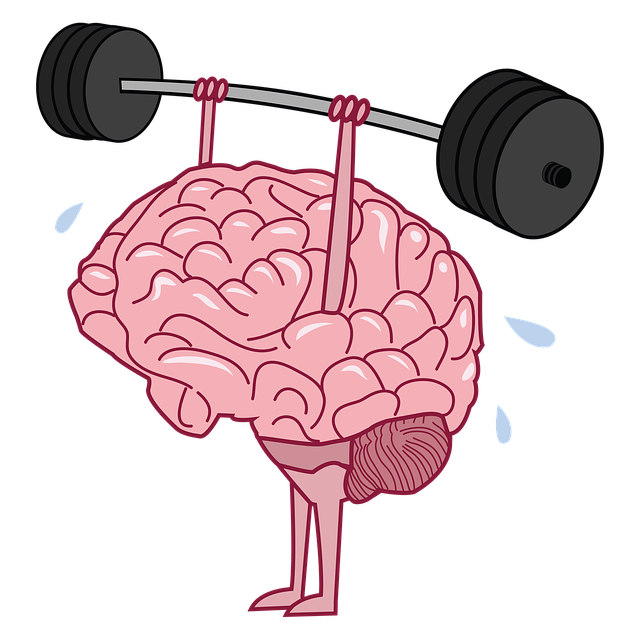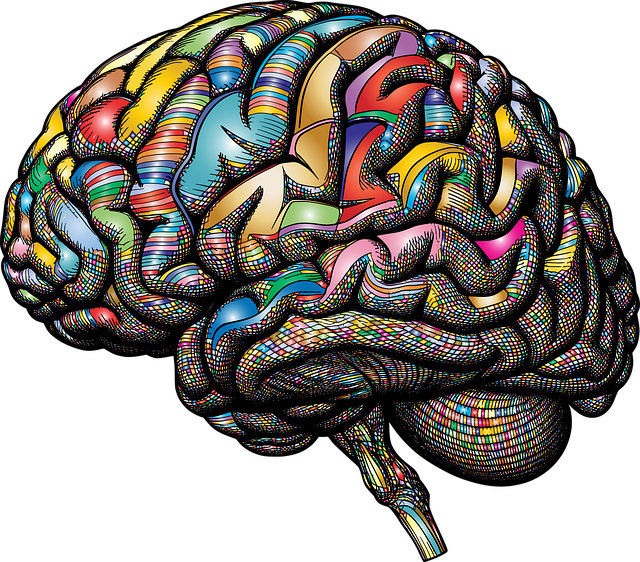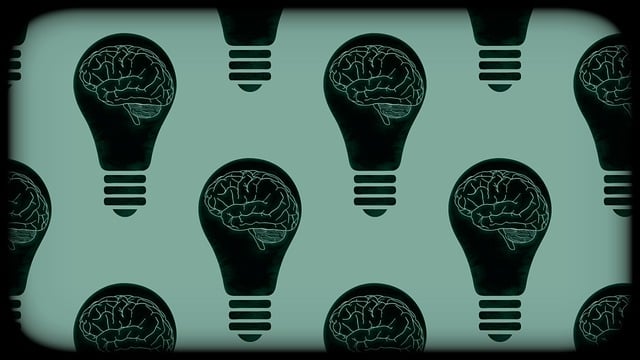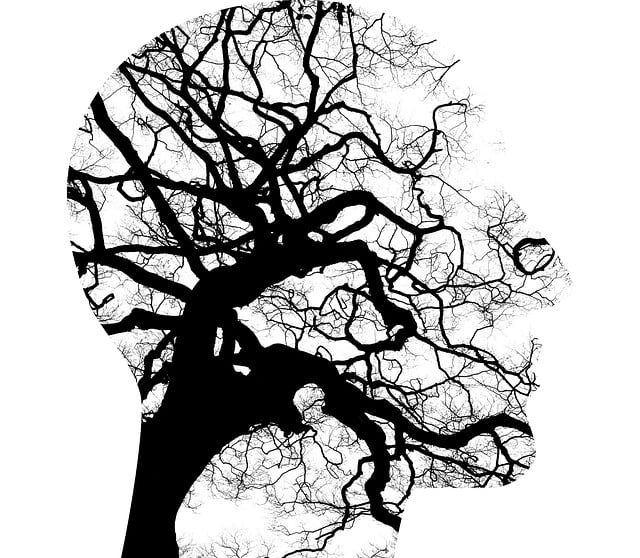Lone Tree Autism Spectrum Disorder Therapy (LTASDT) provides a specialized, holistic approach to support individuals with ASD, focusing on emotional intelligence and well-being. Combining evidence-based practices like behavioral therapy, cognitive-behavioral strategies, and sensory integration, LTASDT emphasizes individualization, risk assessments, and a multi-faceted approach to improve social interactions, communication, and adaptive behaviors. This strategy promotes resilience and empowers individuals with ASD to thrive in various life aspects, contributing to improved mental health policy analysis and advocacy. By breaking the silence around mental health issues, particularly for underserved communities with ASD, initiatives like LTASDT are transforming lives through specialized care, public education, empathy-building activities, and active community engagement.
Mental health advocacy initiatives are gaining crucial prominence in addressing growing concerns within our communities. This comprehensive guide explores various facets of mental wellness, with a specific focus on Lone Tree Autism Spectrum Disorder Therapy. We delve into the increasing demand for such initiatives, offering strategic insights for effective advocacy. Success stories highlight the profound impact these programs have, inspiring readers to get involved and contribute to fostering healthier environments. Understanding these initiatives is a vital step towards enhancing overall well-being.
- Understanding Lone Tree Autism Spectrum Disorder Therapy: A Comprehensive Guide
- The Growing Need for Mental Health Advocacy Initiatives
- Key Strategies for Effective Mental Health Advocacy
- Success Stories: How Advocacy Programs are Making a Difference
- Getting Involved: A Call to Action for Community Engagement
Understanding Lone Tree Autism Spectrum Disorder Therapy: A Comprehensive Guide

Lone Tree Autism Spectrum Disorder Therapy (LTASDT) is a specialized approach designed to support individuals navigating the complexities of autism spectrum disorder (ASD). This comprehensive guide offers insights into understanding LTASDT, emphasizing its unique benefits in fostering emotional intelligence and enhancing overall well-being. By integrating evidence-based practices and tailored interventions, therapists aim to improve social interactions, communication skills, and adaptive behaviors in those with ASD.
The initiative places a strong emphasis on individualization, recognizing that each person’s experience with autism is distinct. LTASDT involves a multi-faceted approach, including behavioral therapy, cognitive-behavioral strategies, and sensory integration techniques. Additionally, it encourages mental health professionals to conduct thorough risk assessments, ensuring a safe and supportive environment. This holistic strategy not only addresses the symptoms of ASD but also promotes resilience and empowers individuals to thrive in various aspects of life, contributing to the broader goal of improving mental health policy analysis and advocacy for those with autism spectrum disorders.
The Growing Need for Mental Health Advocacy Initiatives

In today’s fast-paced world, the growing awareness and understanding of mental health issues have sparked a pressing need for advocacy initiatives. The silence surrounding psychological struggles is slowly being shattered, revealing a complex landscape where many individuals grapple with conditions such as Lone Tree Autism Spectrum Disorder (ASD). This shift towards openness underscores the imperative for consistent support and accessible therapy options, particularly in underserved communities.
Advocacy plays a pivotal role in fostering an environment conducive to mental well-being. Organizations focused on stress management workshops and burnout prevention strategies for healthcare providers exemplify this commitment. Moreover, initiatives that promote empathy building strategies within diverse settings are crucial in breaking down barriers and fostering understanding. By addressing these aspects holistically, we contribute to a society that prioritizes mental health, mirroring the progress seen in ASD therapy availability and accessibility.
Key Strategies for Effective Mental Health Advocacy

Mental health advocacy initiatives are instrumental in creating a supportive environment for individuals facing challenges like Lone Tree Autism Spectrum Disorder Therapy. Effective advocacy involves employing key strategies that foster understanding and reduce stigma. One powerful approach is educating the public about mental health through platforms like community events, social media, or educational workshops. These channels enable the dissemination of accurate information, dispelling myths, and promoting empathy towards those dealing with various disorders.
Additionally, incorporating Mind Over Matter principles in advocacy efforts can significantly impact recovery rates. Organizing Stress Management Workshops within communities can equip individuals with tools to cope with stress and anxiety. Empathy Building Strategies are also crucial; these involve personal narratives, support groups, and role-playing exercises that encourage non-judgmental understanding. By fostering empathy, advocates create a network of care, ensuring those in need feel heard, validated, and supported on their journey towards healing.
Success Stories: How Advocacy Programs are Making a Difference

Advocacy programs for mental health issues are making significant strides, offering hope and support to many. One such success story is Lone Tree Autism Spectrum Disorder Therapy, which has transformed lives by providing specialized care tailored to individuals with autism. Through various initiatives, this program focuses on enhancing emotional intelligence and developing coping skills, thereby reducing symptoms of anxiety and depression prevention.
These advocacy efforts have not only improved the quality of life for those on the spectrum but also raised awareness about the unique challenges they face. By fostering understanding and acceptance, these programs create inclusive environments that empower individuals with autism to thrive. The positive impact extends beyond the affected individuals; it inspires communities to embrace diversity and promotes a culture of mental well-being for all.
Getting Involved: A Call to Action for Community Engagement

Mental health advocacy initiatives require active community engagement to create meaningful change. Individuals can contribute by educating themselves and others about mental wellness, breaking down stigma through open conversations, and supporting local programs focused on therapy and development. For instance, Lone Tree Autism Spectrum Disorder Therapy offers valuable resources, including social skills training and self-awareness exercises, that benefit the broader community.
Getting involved means actively participating in mental health awareness campaigns, volunteering for advocacy groups, or even starting a local support network. These collective efforts foster an environment of empathy and understanding, ensuring everyone has access to necessary services like Mental Wellness Coaching Programs. Together, we can create a more inclusive society that prioritizes and promotes overall mental wellness.
Mental health advocacy initiatives, such as those highlighted regarding Lone Tree Autism Spectrum Disorder Therapy, are vital in fostering understanding and support. By employing key strategies and learning from success stories, we can create a more inclusive community that empowers individuals with mental health challenges. Getting involved is the next step – whether through volunteering, donating, or simply spreading awareness – each contribution helps navigate the growing need for advocacy, ensuring better access to resources and improved lives for all.














